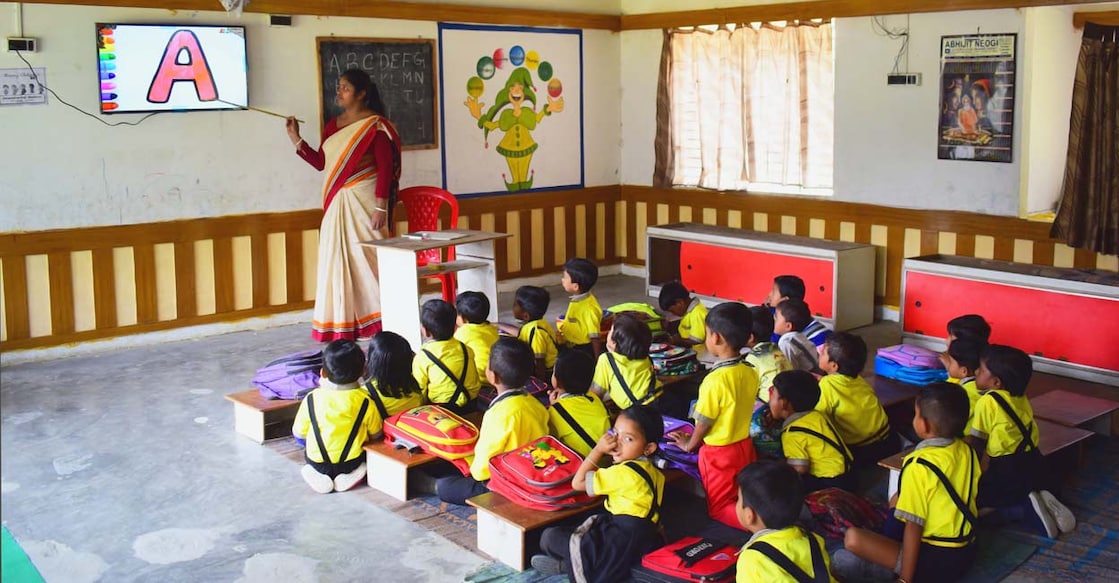NCTE to introduce BEd courses for aspiring pre-primary teachers too

Mail This Article
New Delhi: The under-graduate Bachelor of Education or B Ed professional course which qualifies one to become a teacher is set for a major overhaul in India.
New, separate B Ed courses would be introduced across India to train student teachers intending to join the primary and pre-primary stages of school education. This would replace the present system wherein a common B Ed course makes the teacher eligible to teach in any class.
The anganwadi or pre-primary teacher training courses are likely to be scrapped with the introduction of a dedicated B Ed course for the pre-primary classes.
A one-year B Ed course would be introduced for those who have completed the Master's degree.
Four types of courses
As per plans the B Ed course could be divided into four types which aim to provide special training for teachers of various classes. A B Ed Foundation course for the pre-primary classes and standard 1 and 2; a Preparative B Ed course that trains student teachers for classes 3, 4 and 5; Middle-Level course for classes 6, 7 and 8; and a Secondary-Level course for teaching students of classes 9–12 are the four types envisaged.
A candidate can only enroll for a single course at a time. They have to complete bridge courses in case they wish to upgrade to other courses. The bridge courses, meanwhile, are open online courses that extend for three or four months.
The committee that has been appointed for reviving the B Ed course as part of the latest National Education Policy has already begun working on it. This committee would then submit the detailed syllabi and guidelines too.
The National Council for Teacher Education (NCTE) has decided to introduce the new guidelines from next academic year onwards.

